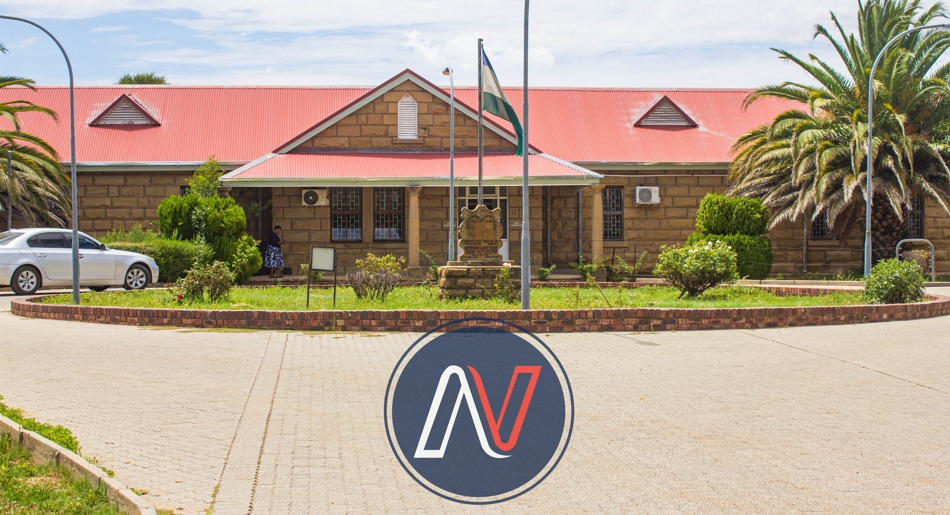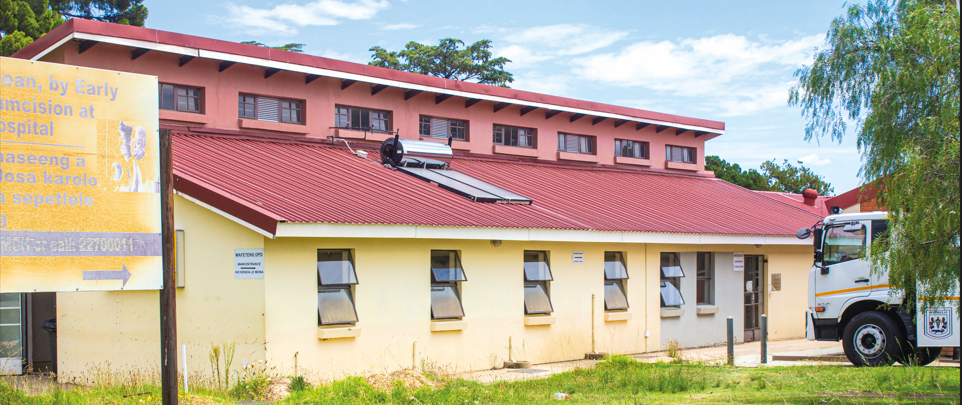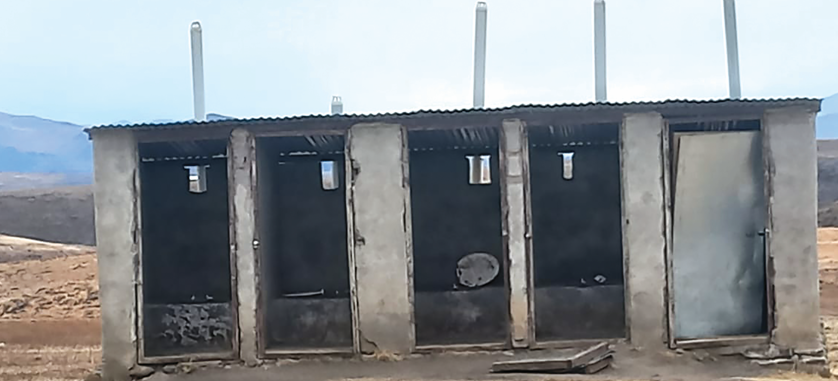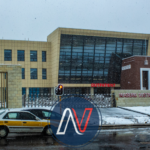When the Newsday team arrived at Mafeteng Hospital on Tuesday, the facility was completely without water, severely impacting its ability to provide adequate patient care.
The lack of a reliable water supply puts patients at risk as the hospital struggles to maintain basic hygiene, sanitation, and essential medical procedures, Newsday has learned.
Hospital workers, who could not speak on record due to a policy restricting media communication to the Ministry of Health’s headquarters in Maseru, revealed that the crisis poses a serious public health threat.
To cope, the hospital is allegedly rescheduling certain surgeries and transferring urgent cases to other facilities. Procedures requiring stringent hygiene standards are particularly affected.
Some patients who have undergone surgery, despite the hospital’s efforts to maintain maximum hygiene, have reportedly returned with infected wounds, suggesting a link to the ongoing water crisis.
Beyond medical care, the crisis presents significant logistical challenges. During outages, caterers rely on community boreholes, toilets remain unflushed, and patients must depend on family members to bring drinking water from home, sometimes leaving them unable to bathe.

For now, the hospital is managing to maintain services, but if the situation deteriorates further, service suspensions may become unavoidable.
The crisis is not confined to the public hospital; private clinics across Mafeteng are also suffering declining business.
In an interview, ‘Masontaha Dlamini, proprietor of Medizone Private Clinic, cited the unreliable water supply as the reason she can no longer provide maternity care.
“We have been struggling with this water shortage for an extended period, and it is taking a toll on our services. Having to buy and transport water is severely impacting our business,” Dlamini said.
She stressed that clinics must maintain the highest standards of hygiene, a standard now being compromised, putting the health of patients, healthcare providers, and visitors at risk.
Dlamini urged the Lesotho government to respond urgently, suggesting that even short-term alternatives should be explored while authorities work toward a lasting solution.
According to the World Health Organisation (WHO), safe water, sanitation, and hygiene (WASH) in healthcare facilities are essential for delivering safe, patient-centred services while upholding human dignity.
WHO highlights that adequate WASH in healthcare facilities is crucial because it is a fundamental human right and a core component of quality healthcare, it reduces healthcare costs by protecting staff and preventing hospital-acquired infections, and it prevents disease transmission and promotes overall health and well-being, particularly for children and mothers.
It also helps control the spread of antibiotic-resistant pathogens by reducing the need for antibiotics and ensures safe management of wastewater and medical waste, preventing environmental contamination.
Summary
- The lack of a reliable water supply puts patients at risk as the hospital struggles to maintain basic hygiene, sanitation, and essential medical procedures, Newsday has learned.
- Hospital workers, who could not speak on record due to a policy restricting media communication to the Ministry of Health’s headquarters in Maseru, revealed that the crisis poses a serious public health threat.
- WHO highlights that adequate WASH in healthcare facilities is crucial because it is a fundamental human right and a core component of quality healthcare, it reduces healthcare costs by protecting staff and preventing hospital-acquired infections, and it prevents disease transmission and promotes overall health and well-being, particularly for children and mothers.

Ntsoaki Motaung is an award-winning health journalist from Lesotho, specializing in community health stories with a focus on sexual and reproductive health and rights, as well as HIV. She has contributed to platforms like “Be in the KNOW,” highlighting issues such as the exclusion of people with disabilities from HIV prevention efforts in Lesotho.
In addition to her journalism, Ntsoaki serves as the Country Coordinator for the Regional Media Action Plan Support Network (REMAPSEN). She is also a 2023 CPHIA Journalism Fellow.









